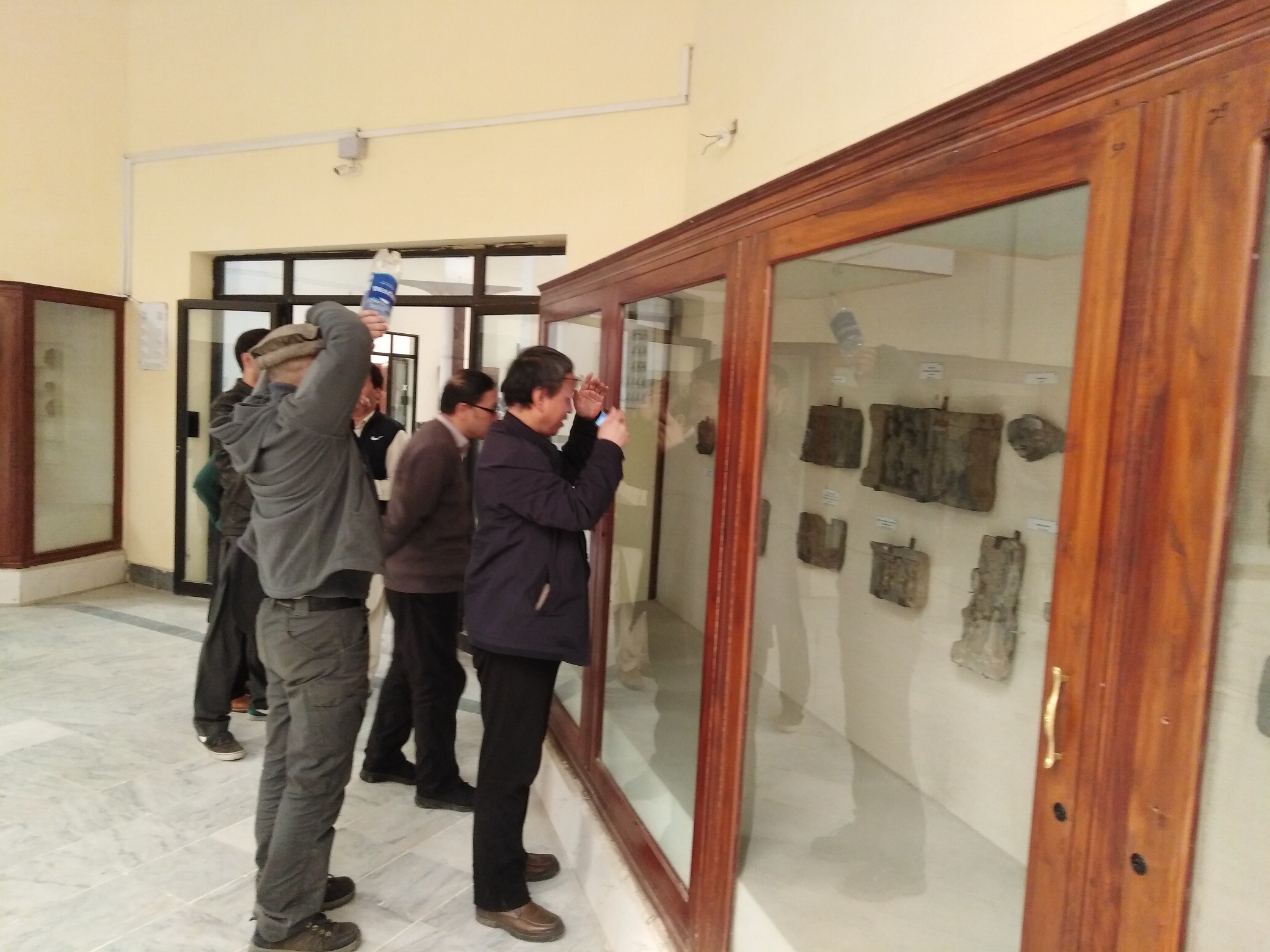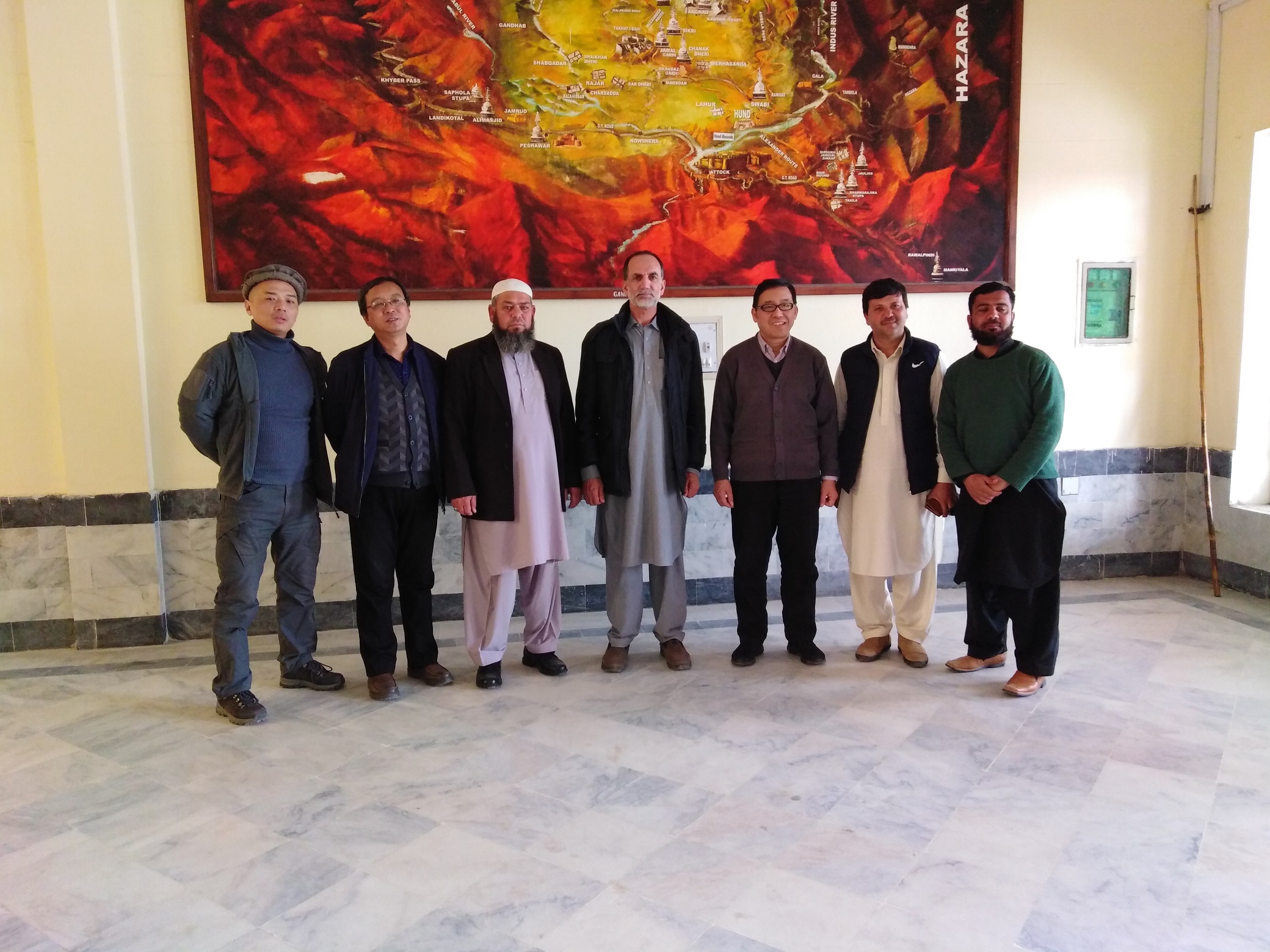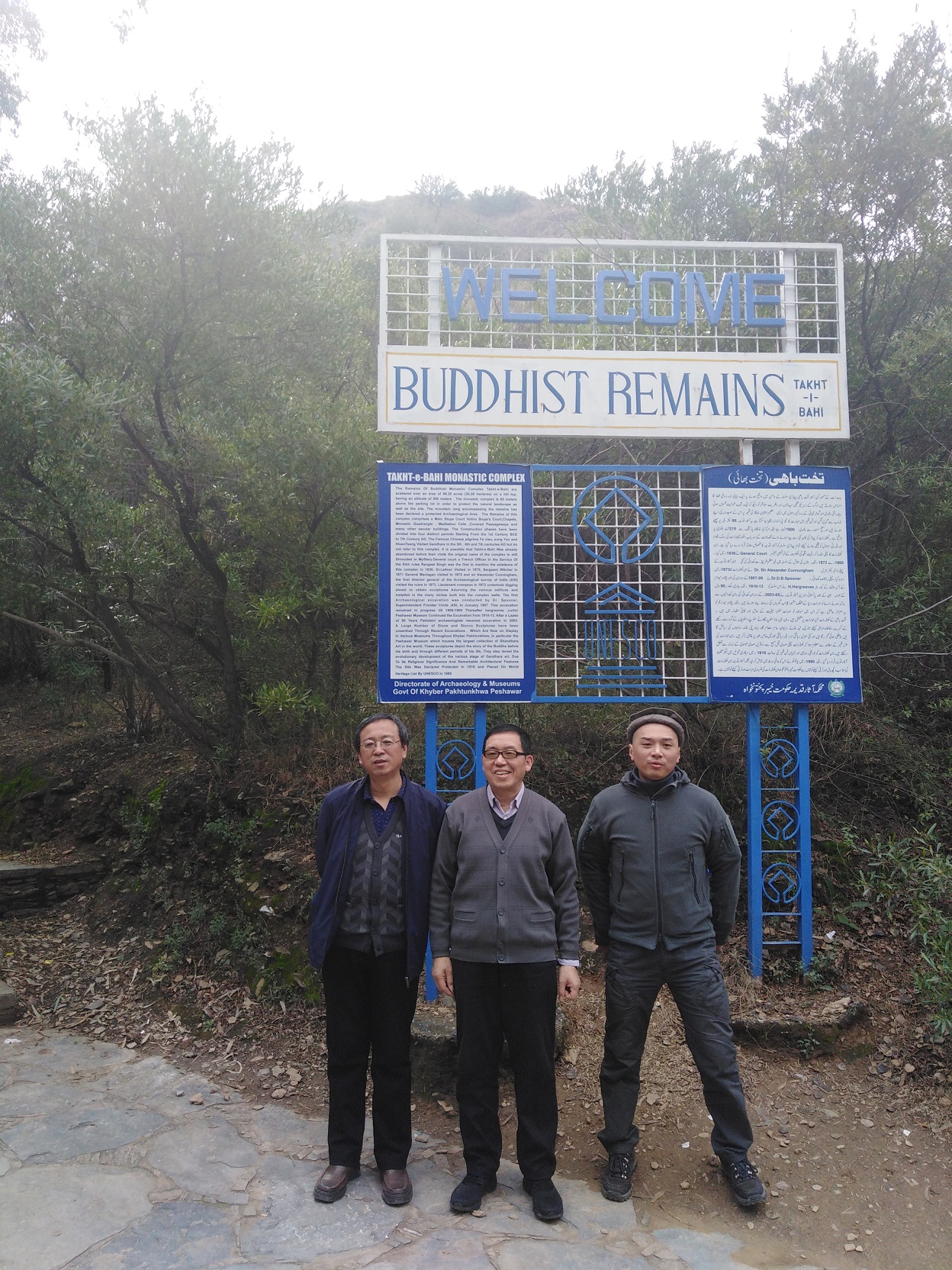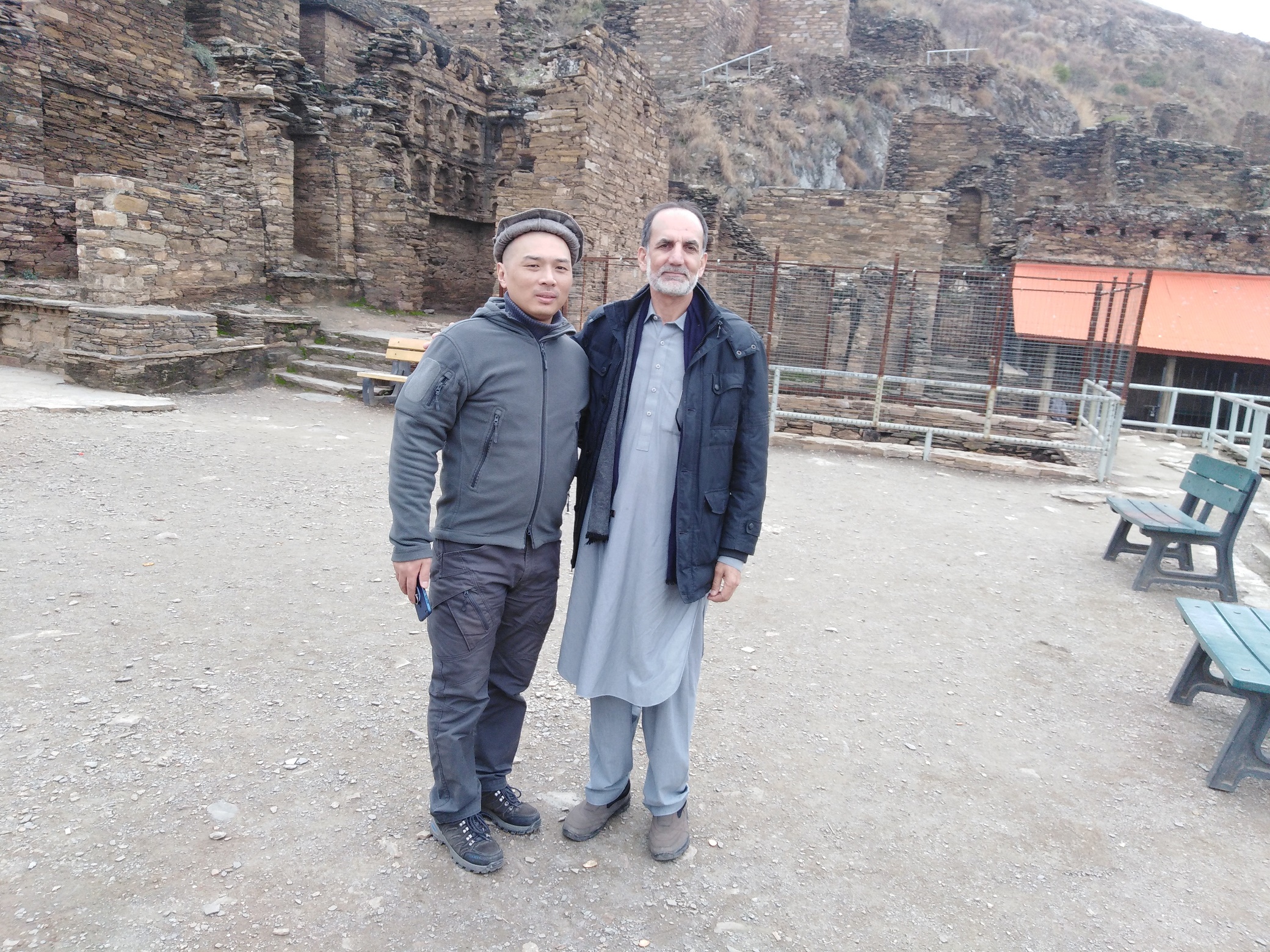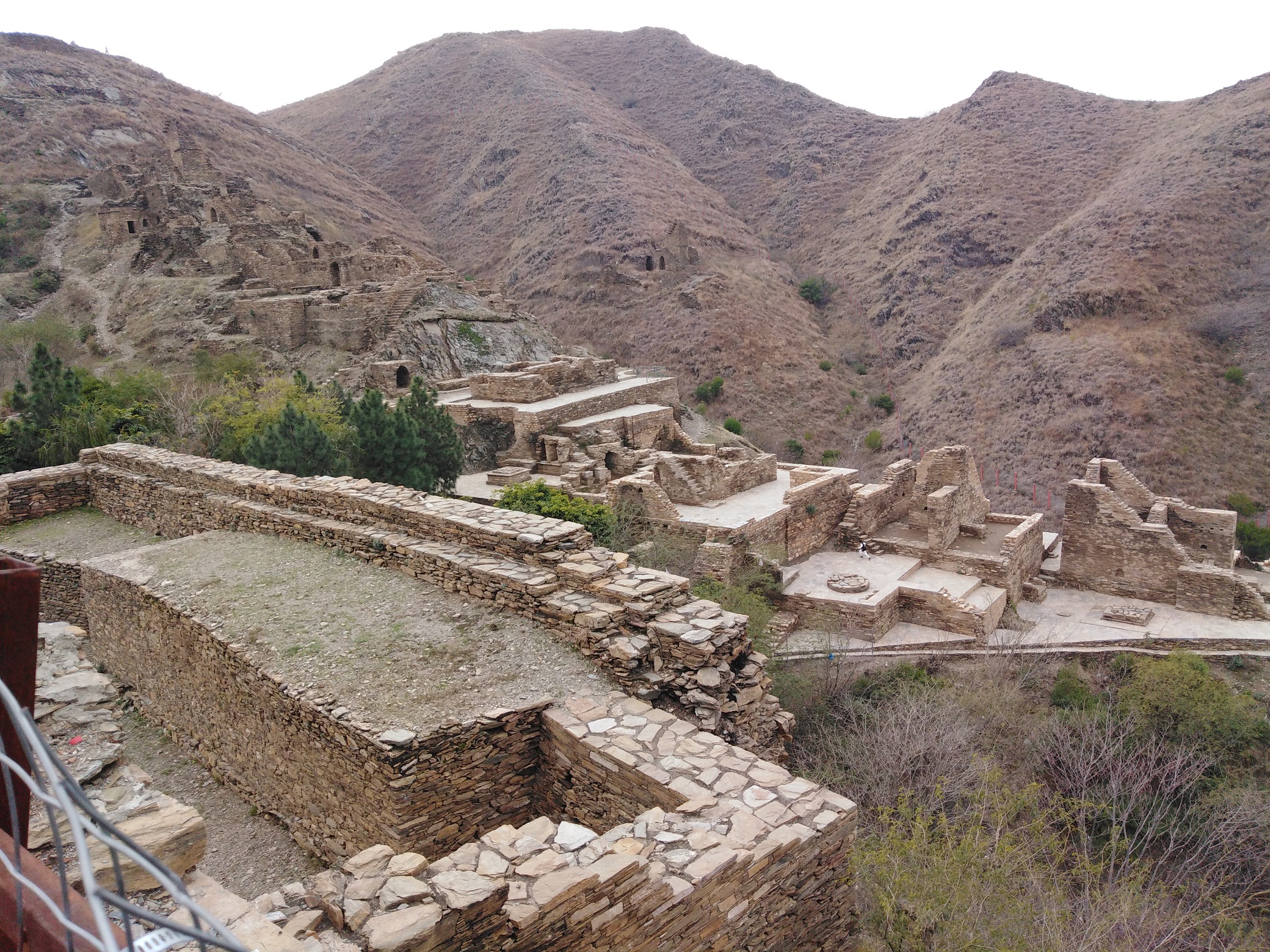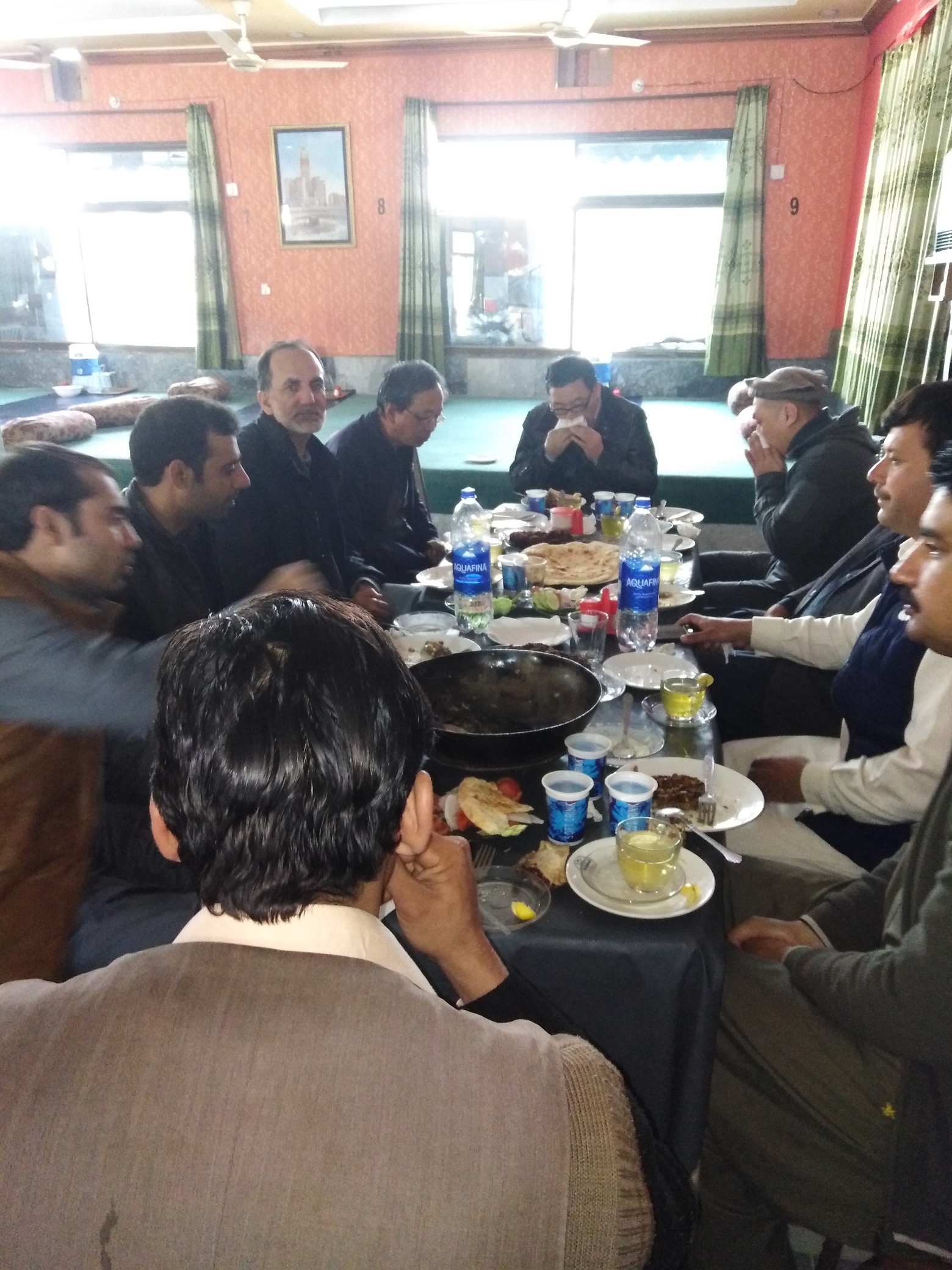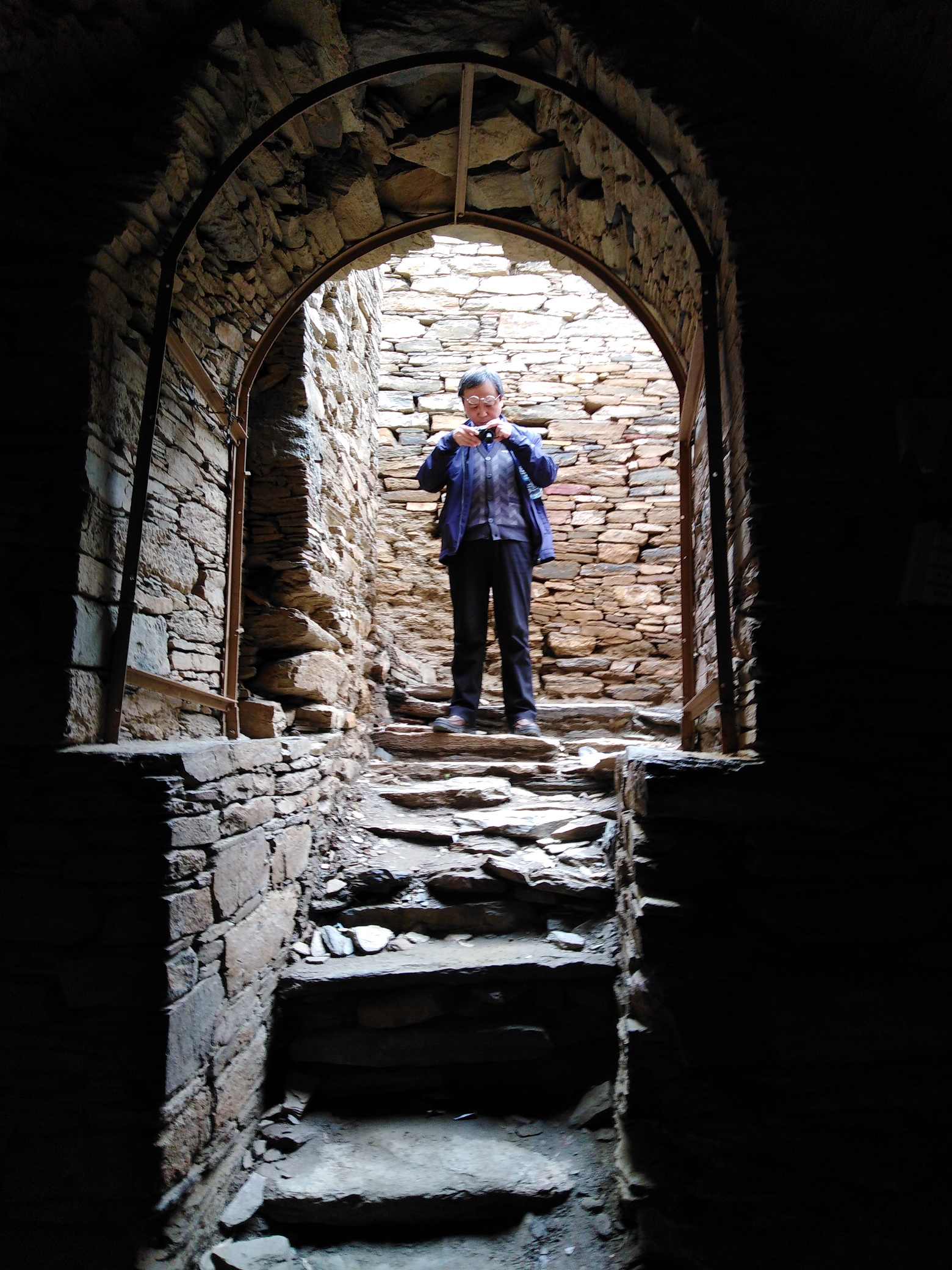Back to Gallery
NORTHWEST UNIVERSITY AND CHINA STUDY CENTER JOINT SURVEY FOR PROMOTION OF TOURISM IN THE KHYBER PAKHTUNKHWA
A delegation from Northwest University Xian, China in collaboration with China Study Center, University of Peshawar for promotion of tourism conducted a survey and visited Takhtbhai (Mardan) and Hund (Swabi) on 23rd February 2019. The delegation was comprised of Prof. Dr. Ran Wanli, Prof. Dr. Huang Minxing and Dr. Li Tao surveyed Takhtbhai and Hund. Takht-e-Bahi ("Throne of the Spring of Water"), or Takht-e-Bhai ("Brother's Throne") is an Indo-parthian site of an ancient Buddhist monastery in Mardan, Khyber-Pakhtunkhwa, Pakistan. . The site is wel preserved and considered one of the most influential relics of Buddhism in all Gandhara. The delegation Chinese also visited Hund (Swabi) archaeological sights and museum on 23rd February 2019. Hund is the oldest city in the Swabi district on the right bank of the Indus River. Alexander the Great in 327 BCE also passed through the same city and spent a night in Hund City. Famous Chinese Buddhist monk, scholar, traveler, translator and pilgrim Hiuen Tsang 644 AD. Passed through this area. After Peshawar and Charsadda, it was the third capital of the Hindu royal dynasty.
The Hund archaeological and tourist site project was approved in 1994. Excavations started at Hund in June 1996. At the time of the excavations, Indo-Greek beautiful houses, coins, jewelery and other and royal Kushan, Hindushahi and Islamic era buildings were found. 33 kanals of land were acquired in 2002 to establish the Hund Museum at the bank of Indus. Prof Dr Ran Wanli, Dr Li Tao and Prof Dr Huan Minxing praised the richness of the sights and told prof Dr Zahid Anwar during the visit that these museums and sights carry great potential for Chinese tourists.

